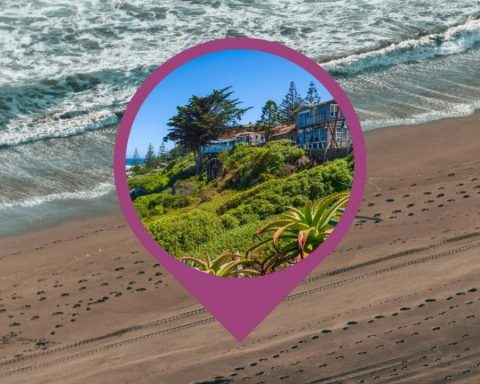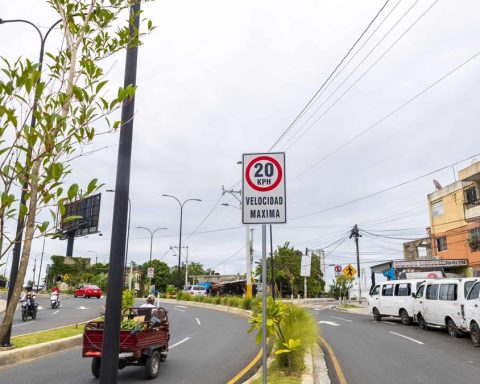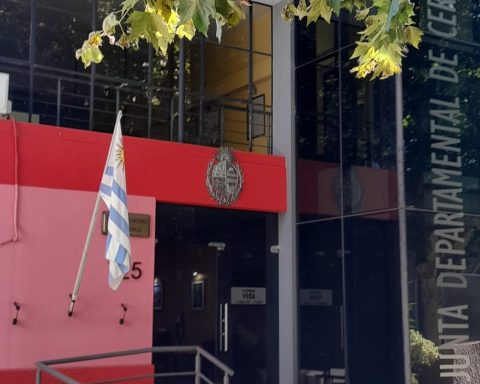The Executive initiated the transfer of powers to the regional governors, a process entrusted by the President Gabriel Boric. From the Government they transferred the presidency of the Regional Committee for the Use of the Coastal Border (CRUBC) to the regional authorities.
“This is of great importance, because it is the first transfer that we made during this Government, and it is the result of the work that we have carried out in collaboration with the regional governors,” said the Undersecretary of Regional and Administrative Development (Subdere), Miguel Crispi.
“The CRUBC depended operationally and functionally on the Regional Government, through the mayor, the former subnational authority that presided over it. Therefore, given the disappearance of this figure, and the importance of said role in the regional decisions that concern him, it was necessary to transfer this competence to the regional governor, who is currently the highest authority in the territory, democratically elected,” Crispi stressed.
The undersecretary explained that the CRUBC makes decisions on “organization of the coastal territories of rivers, lakes and beaches, thus deepening democracy in the regions.”
There are still another five transfer of powers to regional governors. These are the following:
- Chair the Environmental Impact Assessment Commission.
- Chair the Regional Training Council.
- Fixing of access roads to beaches in adjoining land.
- Granting of free short-term concessions.
- Preparation of intercommunal regulatory plans.
Functions of the CRUBC
The CRUBC were born in 1997, with the purpose of “preparing and proposing actions to promote the National Policy for the Use of the Coastal Border in each region of the country, and formulating proposals, suggestions and opinions to the regional authorities in charge of studying and approving the various Communal Plans and Intercommunal”, explained the Subdere in a statement.
The CRUBC, they commented, has also played an “important role” in the administrative procedure for granting maritime concessions, in which the Undersecretary for the Armed Forces of the Ministry of Defense consults the opinion of the respective CRUBC.
“In this way, the pronouncement of the CRUBC has been decisive to depose or continue regional investment projects, whether they are fishing, mining, tourism, or of another nature,” they pointed out.
“Likewise, the CRUBC must rule on the assets included in the coastline that are likely to be declared a Coastal Marine Space of the Original Peoples (ECMPO), approving, rejecting or proposing well-founded modifications,” they added.


















